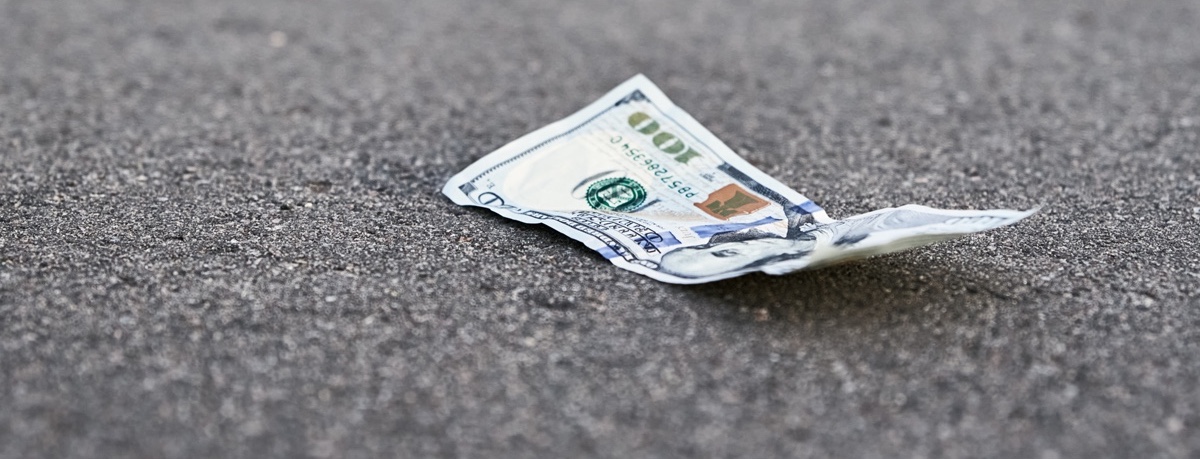A $10 Billion Mistake…

In 1985, a jury awarded more than $10 Billion in damages to Pennzoil, believing that Texaco had interfered with a contract the plaintiff had with Getty Oil.
It was, at the time, the biggest civil judgement in American legal history*.
But what was it that persuaded the jury to find so conclusively for Pennzoil in such a complex case?
Much has been written about this case over the years, and trying to pick through the mountains of evidence that was presented to the jury over 17 weeks is a herculean task.
However, anecdotally, the verdict is often blamed on a single issue…
The jury didn’t trust Texaco’s witnesses.
Wall Street lawyer, Martin Lipton, was especially disliked. One juror said after the trial that Lipton
And he wasn’t the only one.
Goldman Sachs merger specialist, Geoffrey Boisi, was described as arrogant and deceitful. And investment banker, Barton Winokur, was noted by the jury for never looking at them the entire time he was on the witness stand.
How much the jury’s dislike of these witnesses influenced the eventual verdict is debatable. But it’s not unusual, in complex situations, for people to look for a simple factor to help them make a decision.
This doesn’t just apply in the courtroom.
When someone is seeking to make a purchase that has some level of complexity, the customer is juggling a lot of criteria in their head.
If the decision to purchase or not is a tricky one, the customer may start to look for something tangible that will help determine their decision.
And that might just be whether or not we come across as honest, trustworthy and open.
Or closed, deceptive and oily.
This may seem an obvious point, but when we’ve been in business for a long time – especially if we’ve been selling the same product or service for many year – we might struggle to see the woods for the trees.
We know what we know but we forget what other people don’t know.
This can lead to neglecting to explain important selling points to the customer, rushing through complex elements or even becoming arrogant in our assumption that we always have exactly what the customer needs.
In the Texaco trial, Winokur, who was judged negatively for refusing to look at the jury, later said that he was instructed not to do so by Texaco’s lawyers.
It’s unclear why they would suggest this (eye contact is crucial to establishing trust), but it’s a good example of how easy it is to absorb poor advice and follow through without interrogating whether not this is really the best option.
Most business owners and salespeople are applying Cialdini’s influence and persuasion principles to selling products to consumers or SMEs.
But the Texaco trial implies that these are important at every level.
Whether it be selling a gas-powered barbecue to a consumer, providing a cybersecurity service to a multi-national, or litigating a lawsuit worth billions.
At every level, the smallest details can be the difference between success and failure.
Much of Cialdini’s strategies can be applied on the macro and micro level and that’s part of their appeal and their success.
If we absorb the truths that lay within so that we instinctively apply them in all areas of our business and our sales strategies…
We can avoid, like Texaco, forgetting the fundamentals of human nature.
Cialdini’s teachings on the laws of “liking” and “authority”, for example, are based on basic human psychology.
We neglect them at our peril.
Next time we’re going to look at a little known study by Google on the subject of leadership.
Until then…
Wishing you health, wealth and a joyful life,

* It was eventually dwarfed by the $206 Billion verdict against the tobacco companies (https://connorreporting.com/5-expensive-court-cases-us-history/)
Further reading:
https://www.nytimes.com/1985/12/19/business/how-texaco-lost-court-fight.html
https://www.latimes.com/archives/la-xpm-1986-01-19-fi-1168-story.html
Explore Our Blog
Discover expert insights, tips, and the latest updates curated just for you.


